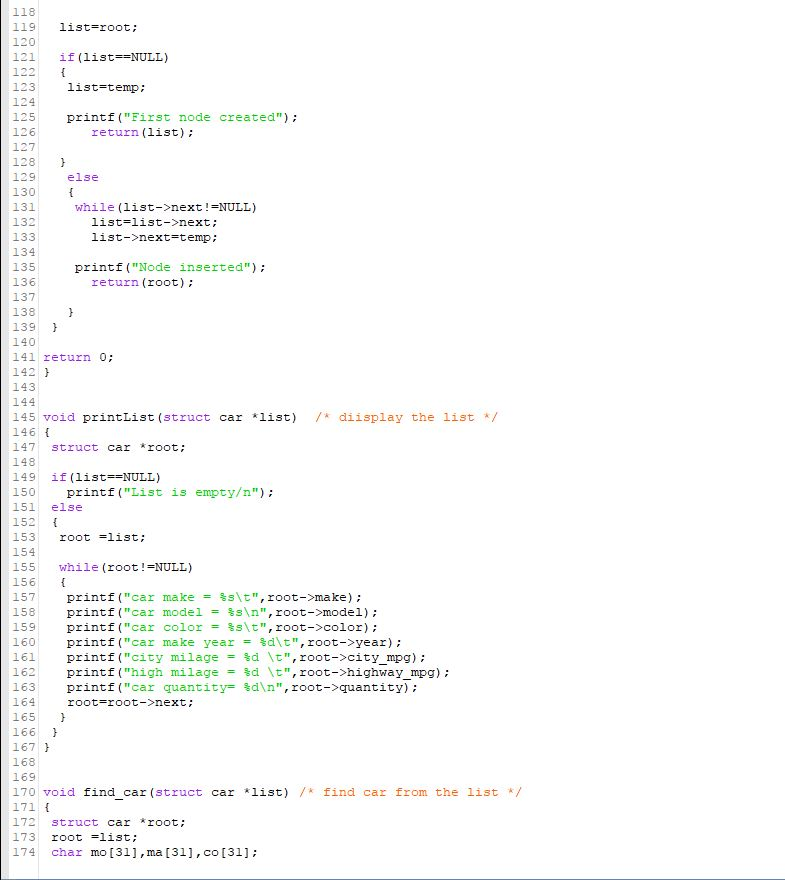

Notice that with C++ the usual included header files are themselves quite big, so having tiny translation units slows the overall build process.
#WRITING MAKEFILE FOR C PROGRAM CODE#
more than ten thousand lines of source code), you'll want to organize it in several translation units (at least to avoiding very long build times while working on it, and preferably to group together related code or features). For C++11 code, replace gcc with g++ -std=c++11 in your GNU Makefile, use CC & CFLAGS variables for C and CXX & CXXFLAGS for C++.Īs soon as you are writing some not-tiny program in C or C++ (e.g. add -march=native -O2 to your GCC compiler flags). For production and benchmarking, ask for compiler optimizations (e.g.

With a recent GCC 5 compiler (at end of 2015), you may also want to use (occasionally) various -fsanitize= debugging options.

GDB and memory leak detectors like valgrind.
#WRITING MAKEFILE FOR C PROGRAM HOW TO#
gcc -Wall -Wextra -g for C code compiled by GCC.) and learn how to use your debugger, e.g. See also this answer to a related question.ĭuring the debugging phase, compile with all warnings and debug info (e.g. It organizes the various compilation steps of the translation units (and avoid running useless compilations again). several *.c or *.cc files which are #include-ing some other header files) which are linked together (it is not very useful for a single source file tiny program). First, a Makefile for make is really useful when you build a program from several translation units (i.e.


 0 kommentar(er)
0 kommentar(er)
